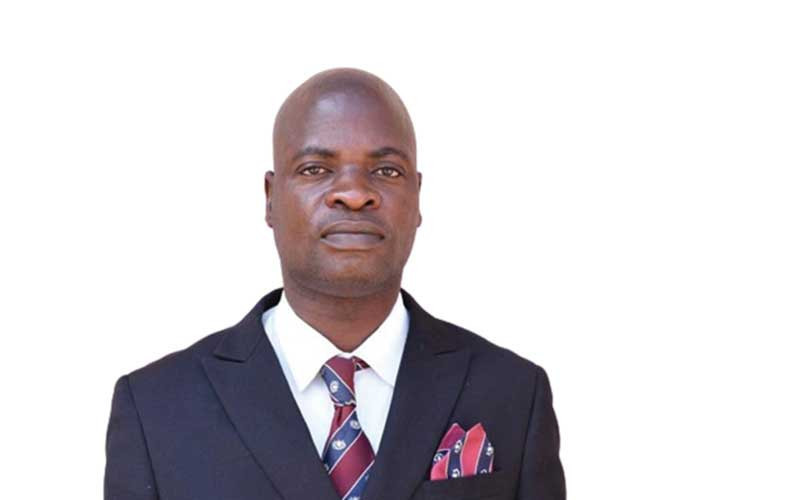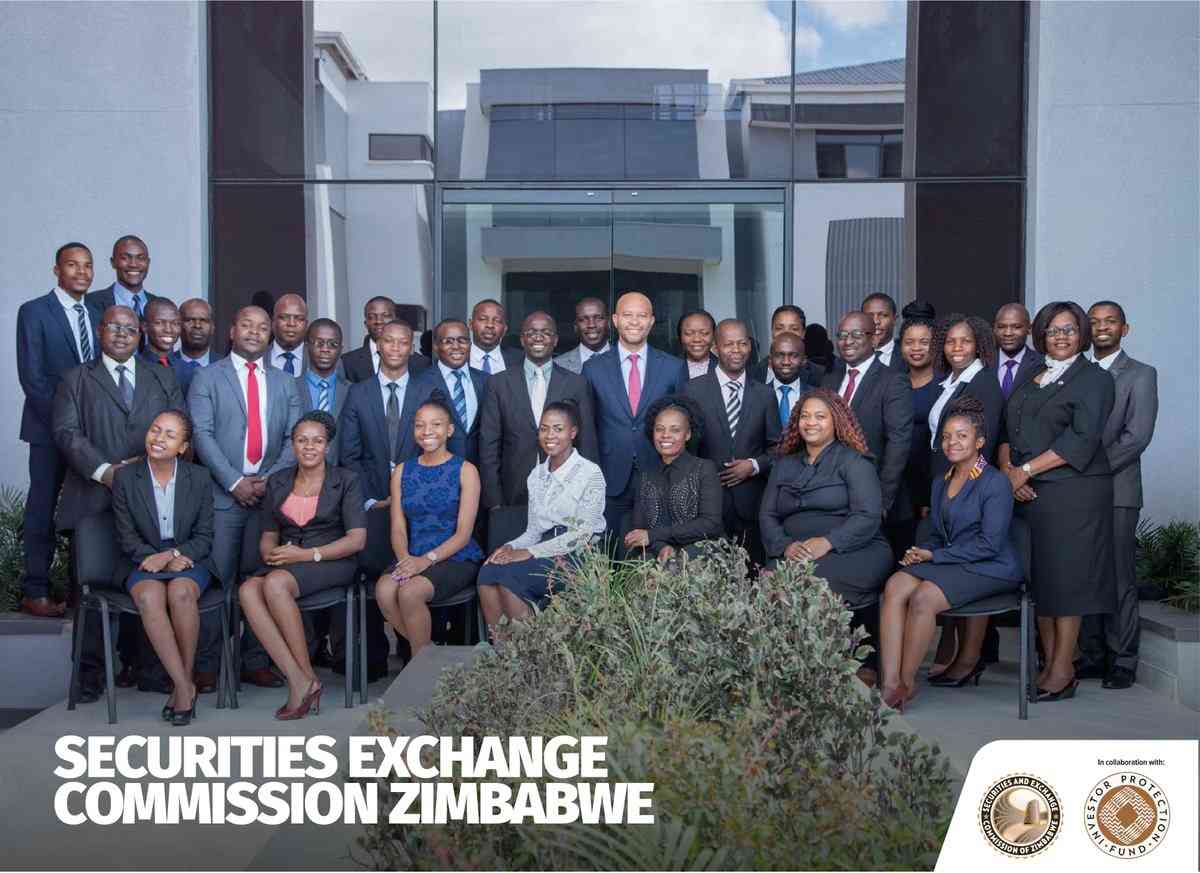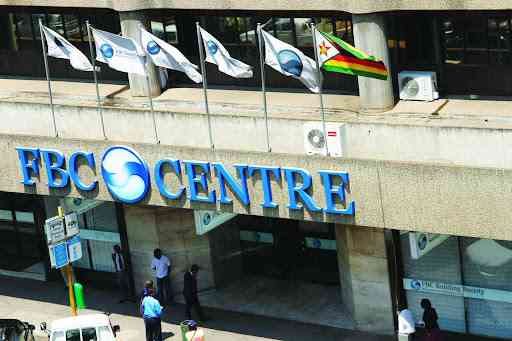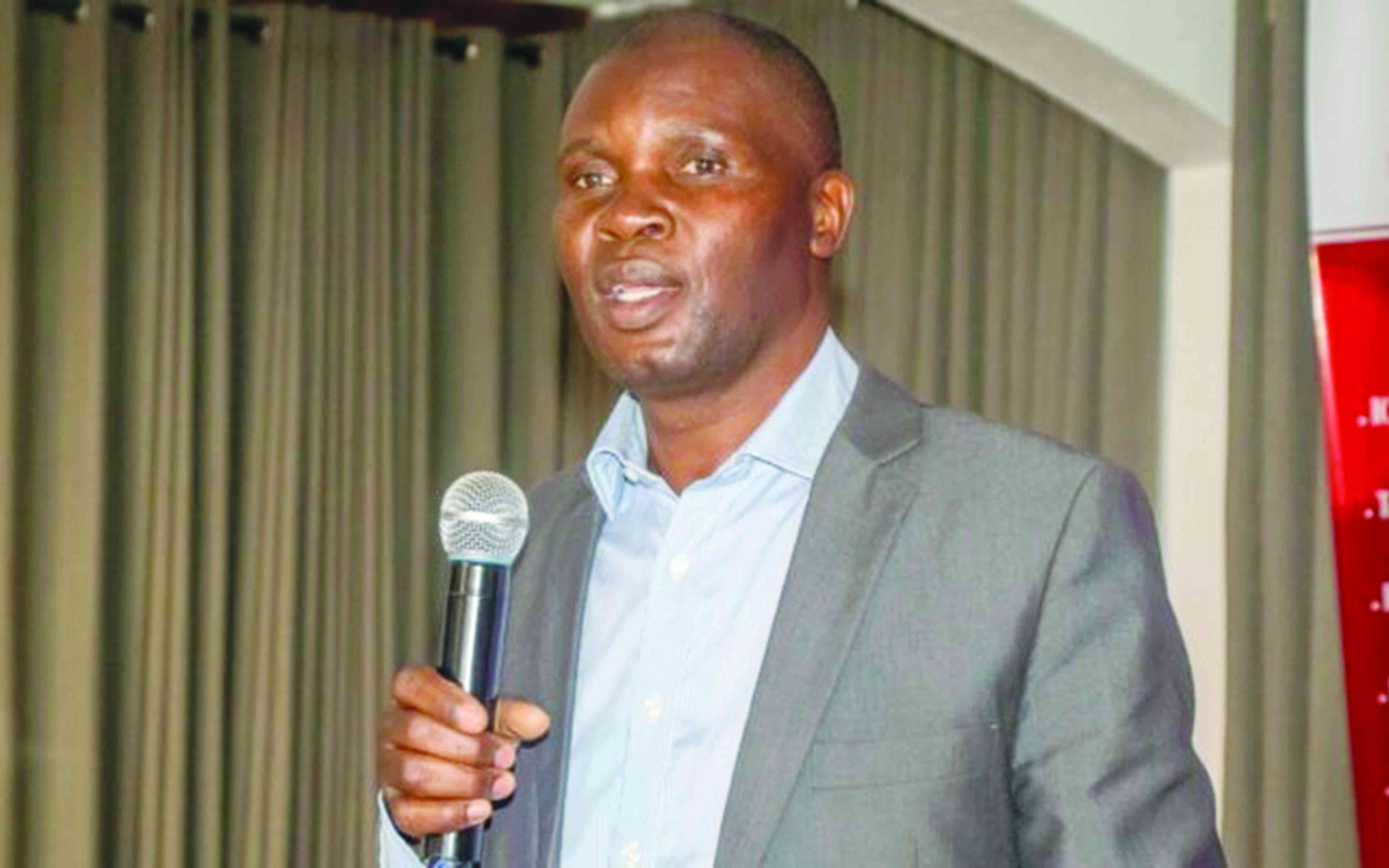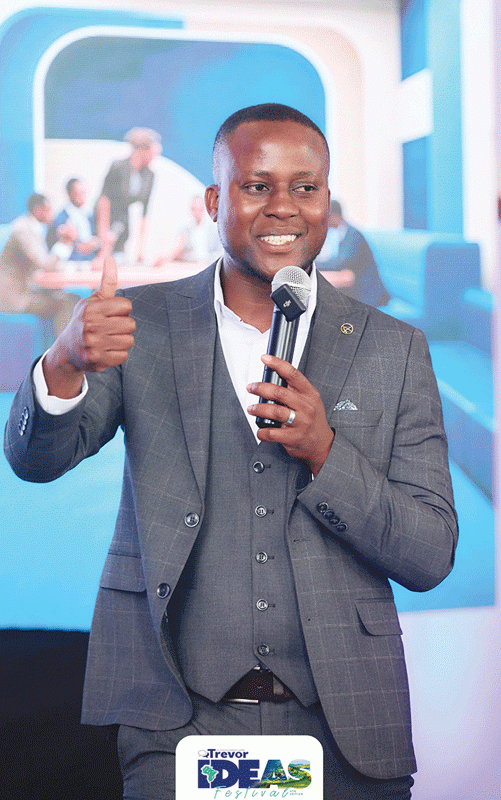
THE fourth edition of the “In Conversation with Trevor” Ideas Festival commenced this week, exploring “The Future of Human Capital, Innovation, and Ethics in the Age of Artificial Intelligence”. A key presentation on building “The AI-Ready Strategy: Design Thinking for Organisational Resilience in a Dynamic African Market” was delivered by Simba Kanenungo (SK), general manager of Winfield Strategy and Innovation. Our chief reporter, Melody Chikono (MC), sat down with him to discuss AI’s potential impact on the continent. Below are excerpts from their conversation:
MC: Can you explain your topic to us?
SK: Basically, we were just talking about the movement or the transition from innovation to AI. I was trying to explain how AI is an extension of innovation. When we say innovation, it is just a model, a process, a product that is novel, that is useful to the end user. So, AI comes in to give us solutions to solve African problems at this moment.
I think, as of now, Strive Masiyiwa has invested US$720 million to set up AI platforms so that Africans can benefit from that because we believe we cannot continue to inherit solutions from the West, from developed countries, which is not relevant to our challenges and our problems.
I think that is a starting point to creating a platform that enables us to then get the benefits and rewards of how we can integrate AI in our day-to-day operations. But more importantly, AI is not an enemy. We need to then say, how do we govern it? How do we manage the risk associated with it? Because it has its positives and it has its negatives. That also affects how we are structured and how we are organised as Africa. The biggest thing is for us to come up with governing structures or frameworks that help to govern AI and then our role as human beings is to continue to shape the direction.
MC: What kind of structures do we need?
SK: For starters, I think it is around the regulations, the policies that people continue to talk about in terms of confidentiality issues, in terms of supporting policies to enable people to continue to work in AI.
MC: What can you say about the current regulations that are in place? Do you think they are good enough to support AI development?
- Time running out for SA-based Zimbos
- Sally Mugabe renal unit disappears
- Epworth eyes town status
- Commodity price boom buoys GB
Keep Reading
SK: I think there is still a lot of work to be done because at this moment, people are still trying to figure out what AI is. Meanwhile, it is three, four years ahead of us. The train is already moving and I think we should be on the front foot in saying how do we then put these policies in place that help us to get the rewards of AI.
MC: There has been talk of us inheriting AI from others without us contributing anything. What do you say about this?
SK: We need to take a problem-centred approach as Africans to say, what do we need as Africans? This AI is solving European problems, and they do not count our problems. We need something that is personal, something that is for our problems. At this moment, we are just end-users of solutions that do not really address our challenges. It stops us from getting the rewards.
MC: In terms of infrastructure, particularly in Zimbabwe, what can you say about AI?
SK: I do not think we have anything that is able to support that. There is a lot of work that needs to be done such as setting up these processors, setting up these platforms, to create the ecosystem. At this moment, I think we are way behind in terms of setting up all of this infrastructure.
I think the best we have is around your cloud and your data centres at the moment. But, there is a lot that we can do that can help support AI to take off in Zimbabwe.
MC: Considering Africa’s unique innovation ecosystem, how do collaborations such as the one between Winfield Strategy and Innovation and the “In Conversation with Trevor Ideas Festival” help create scalable, context-driven AI solutions for local markets?
SK: Africa’s innovation ecosystem thrives on collaboration and contextual intelligence. Partnerships such as the one between Winfield Strategy and Innovation and the “In Conversation with Trevor Ideas Festival” bring together thinkers, entrepreneurs, and practitioners who understand both the promise and the nuance of local realities.
By connecting strategic thinkers with innovators at this festival, we can co-create models that address local challenges ranging from agriculture and healthcare to education and finance, while also leveraging indigenous knowledge and data. This collaboration becomes a platform for translating abstract technology into tangible and people-centred solutions that reflect Africa’s diversity and ingenuity.
MC: What does this collaboration mean to you?
SK: To me, this collaboration represents the spirit of collective intelligence. This is where strategy meets creativity, and innovation meets purpose. It is not just an event; it is a bridge between ideas and impact.
As Winfield Strategy and Innovation, our purpose is to empower organisations and leaders to think boldly and act strategically. Partnering with the Ideas Festival allows us to extend that mission beyond boardrooms, into a dynamic space where entrepreneurs, policymakers, and thought leaders are shaping the continent’s future. It means co-authoring Africa’s innovation story with others who share our belief that the next big breakthrough will come from collaboration, not competition.
MC: In your view, how can African organisations practically integrate design thinking with AI adoption to build resilience in volatile economic environments?
SK: The key is human-centred integration. African organisations should start by applying design thinking to identify real pain points before investing in AI tools. That means empathising with users, prototyping solutions quickly, and iterating based on real feedback — instead of importing ready-made models that do not fit the local context. Practically, this could look like starting small, building interdisciplinary teams, and embedding adaptability. This mindset builds resilience because it roots innovation in people, not just technology.
MC: Many firms struggle to move from strategy to execution when it comes to digital transformation — what frameworks or mindsets do you recommend for leaders to close that gap?
SK: Execution falters when digital transformation is treated as an IT project instead of a leadership journey. The shift starts with mindset. I recommend three guiding frameworks and principles: the “Think–Act–Reflect” loop, agile strategy execution, and leadership alignment. Ultimately, leaders must adopt a learning organisation mindset where failure means learning, adaptability is celebrated, and execution is viewed as an evolving experiment rather than a one-time rollout.
MC: Let us talk about Winfield. Where do you stand in terms of innovation and AI?
SK: So, as Winfield, we deal with a lot of people who are also still trying to understand what AI is. I think our role is to educate and raise awareness of the benefits, and of course, some of the drawbacks that people need to be mindful of. So, our role is on a development aspect and on an education aspect. I think that is the first step before people start adopting it. They need to know what AI is and see that it is not only the worst part of taking our jobs, but what are the possibilities that we can benefit from that.
MC: But basically, what do you do?
SK: As Winfield, we offer a number of services. We are passionate about shaping the next generation of leaders through our leadership development programmes, which are practical and people-centred and problem-centred. I think that is the biggest aspect that we put in place, which is helping to shape the next generation of leaders. We also help shape the next entrepreneurs or the next businesses, organisations, through our strategic involvement in formulation, design and implementing, and tracking the strategy. Those are the main roles that we do. Of course, supported by the research work that we do to understand deeper certain aspects of either strategy or artificial learning and all those aspects.
MC: What can you say are your key milestones to date?
SK: We have now expanded into two countries to date. That is Zambia and South Africa. This coming year, 2026, we are looking to expand to Malawi and Rwanda. So, those are the four countries that we will be present in in the coming period. So, I think those are some of the milestones that we have achieved in terms of Winfield, shaping up the next generation of African leaders, not only in Zimbabwe. So, we are expanding regionally and as well going to the east.

